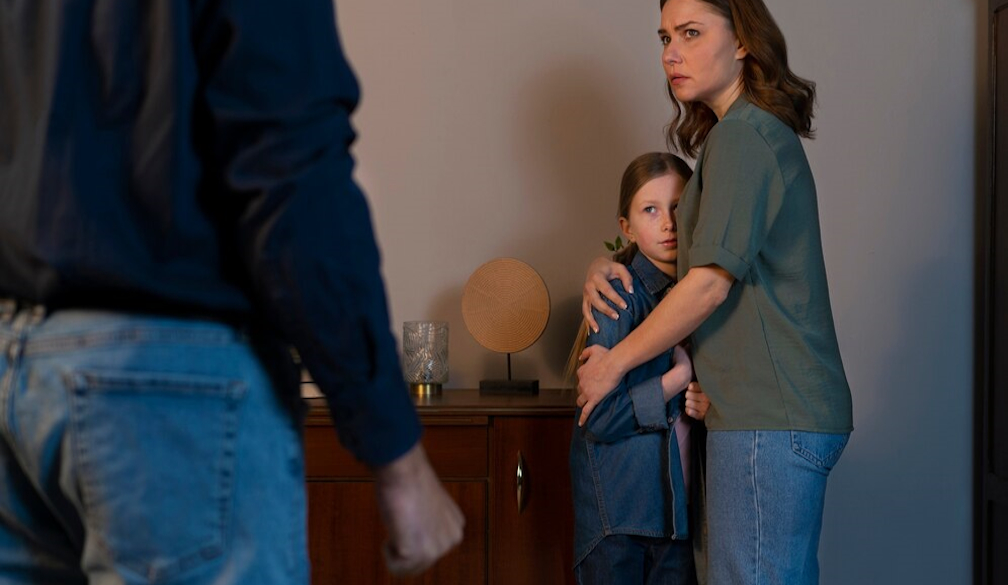The Role of Mediation in Child Custody Disputes

Navigating the complexities of child custody disputes can be an emotionally taxing experience for all parties involved. While many might immediately think of hiring a child custody lawyer in Melbourne to represent their interests in court, mediation offers an alternative route that can be less adversarial and more collaborative. This article will go over the benefits and processes of mediation in child custody disputes, providing valuable insights.
What is Mediation?
Mediation is a structured process where a neutral third party, known as a mediator, assists disputing parties in reaching a mutually agreeable solution. Unlike a child custody lawyer in Melbourne, who represents the interests of one party, the mediator remains impartial, focusing on facilitating communication and understanding between the parents. The goal is to reach a resolution that prioritises the best interests of the child while minimising conflict and encouraging a cooperative parenting relationship.
The Benefits of Mediation
One of the primary benefits of mediation in child custody disputes is that it promotes a less adversarial approach. Unlike court battles, which can be lengthy, expensive and emotionally draining, mediation aims to create a more amicable environment. This can be particularly beneficial for the children involved, as they’re less likely to be exposed to parental conflict. Mediation often involves fewer sessions and can be scheduled more flexibly, reducing both financial and time commitments.
The Mediation Process
The mediation process typically begins with an initial meeting where the mediator explains the rules and objectives. Both parents have the opportunity to express their concerns and desires regarding child custody arrangements. The mediator then works with the parents to identify common ground and explore potential solutions.
Throughout the sessions, the mediator will encourage open communication and help the parents understand each other's perspectives. This collaborative approach can lead to more creative and tailored solutions that a court might not consider. For example, parents might agree on a flexible visitation schedule that accommodates their work commitments or the child's extracurricular activities.
When to Consider a Child Custody Lawyer
While mediation can be highly effective, there are situations where involving a child custody lawyer in Melbourne may still be necessary. If there are allegations of abuse, neglect or substance misuse, a lawyer's expertise is crucial to ensure the child's safety and wellbeing. If one parent is unwilling to participate in mediation or if power imbalances exist, legal representation can help protect the interests of the more vulnerable party. In some cases, parents might choose to have their lawyers present during mediation sessions. This can provide additional support and ensure that any agreements reached are legally sound and enforceable.
Conclusion
Mediation offers a valuable alternative to traditional litigation in child custody disputes, promoting a more collaborative and less adversarial approach. By focusing on open communication and mutual understanding, mediation can help parents reach agreements that prioritise the best interests of their children. Ultimately, the goal is to find a resolution that promotes a positive co-parenting relationship and supports the child's wellbeing.

